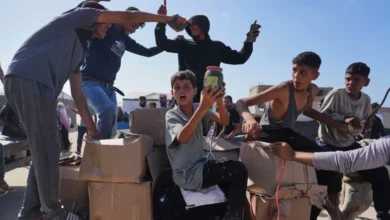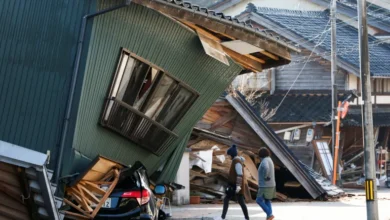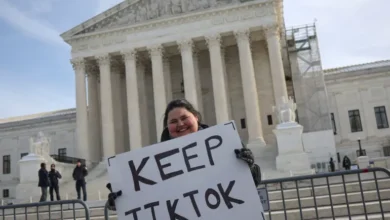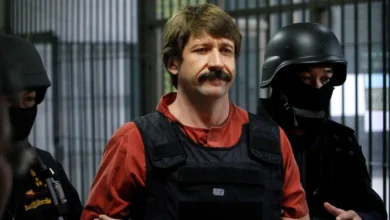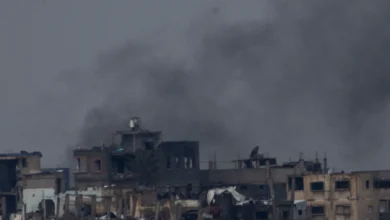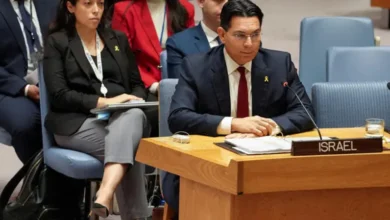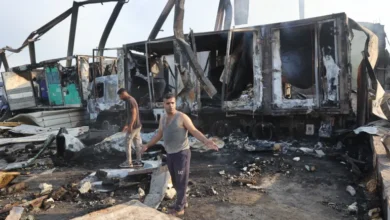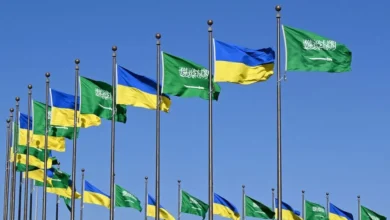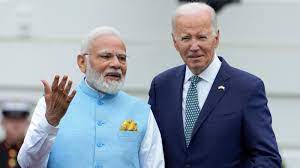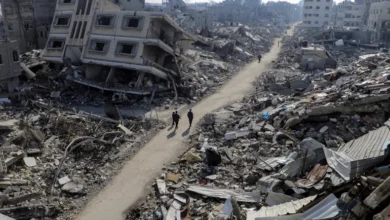Healing from the trauma of childhood sexual violence is possible
Tabitha Mpamira
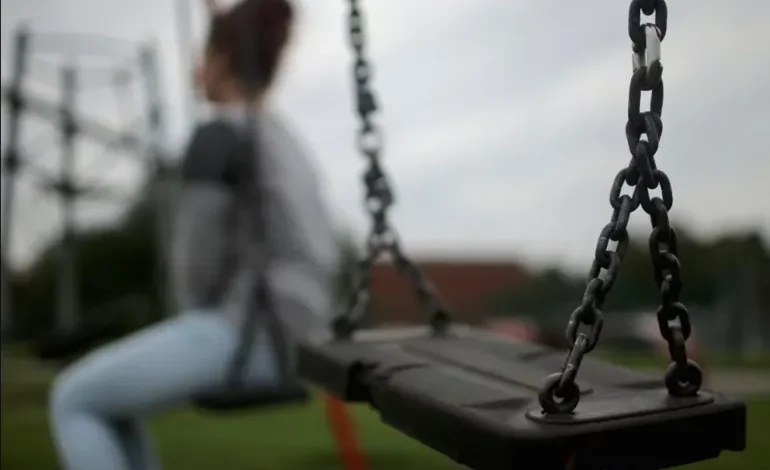
Tabitha Mpamira
“I believe you.” “There is support out there for you.” “It was not your fault.”
I am a survivor of childhood sexual violence, and those are the words I needed to hear as a kid, as the trauma of my abuse began to bury itself deep within me.I didn’t hear those words, and I didn’t have the support to process what had happened to me, so instead, I shut it out. It was my way of surviving.
Looking back now, however, I realise there was always something in me that wanted to change things. To speak up. To heal. To prevent others from going through what I had. And my trauma eventually drove me to the work I am proud to say I do today.
I have been a survivor for 27 years and a mental health specialist and therapist for 14 years, but it was not my professional training, family, community, or friends that prompted me to finally process my trauma. It was the bravery of other survivors.
Now, I am fighting for a world in which trauma does not define its victims. It is absolutely possible to heal and thrive as a survivor of childhood sexual violence, but there are barriers that must be broken down to speed up that process. Here’s how I think we can do it.
First, we need to stop victim-blaming.
The first step to healing from the trauma of childhood sexual violence is being believed. But sadly, across the world, rape is a crime for which shame and blame are continuously placed on the victim.
Cultures and communities have their own nuances, but for the majority of crimes the perpetrator is tried and held to account, and the victim is believed and compensated. Yet time and time again, survivors of sexual assault are questioned, doubted and scrutinised.
Why did you allow this to happen to you? What were you wearing? Why didn’t you just say no? Why didn’t you scream? Did you fight back?This culture of victim-blaming is extremely damaging. It prevents the reporting of crimes and it traps survivors in silence, unable to access the support to heal.If we are to change this, adults must become trauma-informed. We need to identify grooming behaviours and signs of trauma in children so that those who are unable to speak up are seen and heard. We must understand and remember physical responses to sexual assault – fight, flight or freeze.
For many people – children especially – to freeze and shut down is the natural physical response to threat. It is often the only way for children to survive in that moment. It cannot be held against them.
The second major barrier to healing for survivors is the gaps in victim support.
The moments, hours and days immediately after a child has been sexually violated are formative, and it is essential that communities are educated and equipped to provide timely trauma-informed support.
When I was a young adult, I volunteered as a therapist in Uganda. Based at a school for orphans, in a community ridden by HIV/AIDS, there was a deep need for mental health support despite the lack of awareness.
